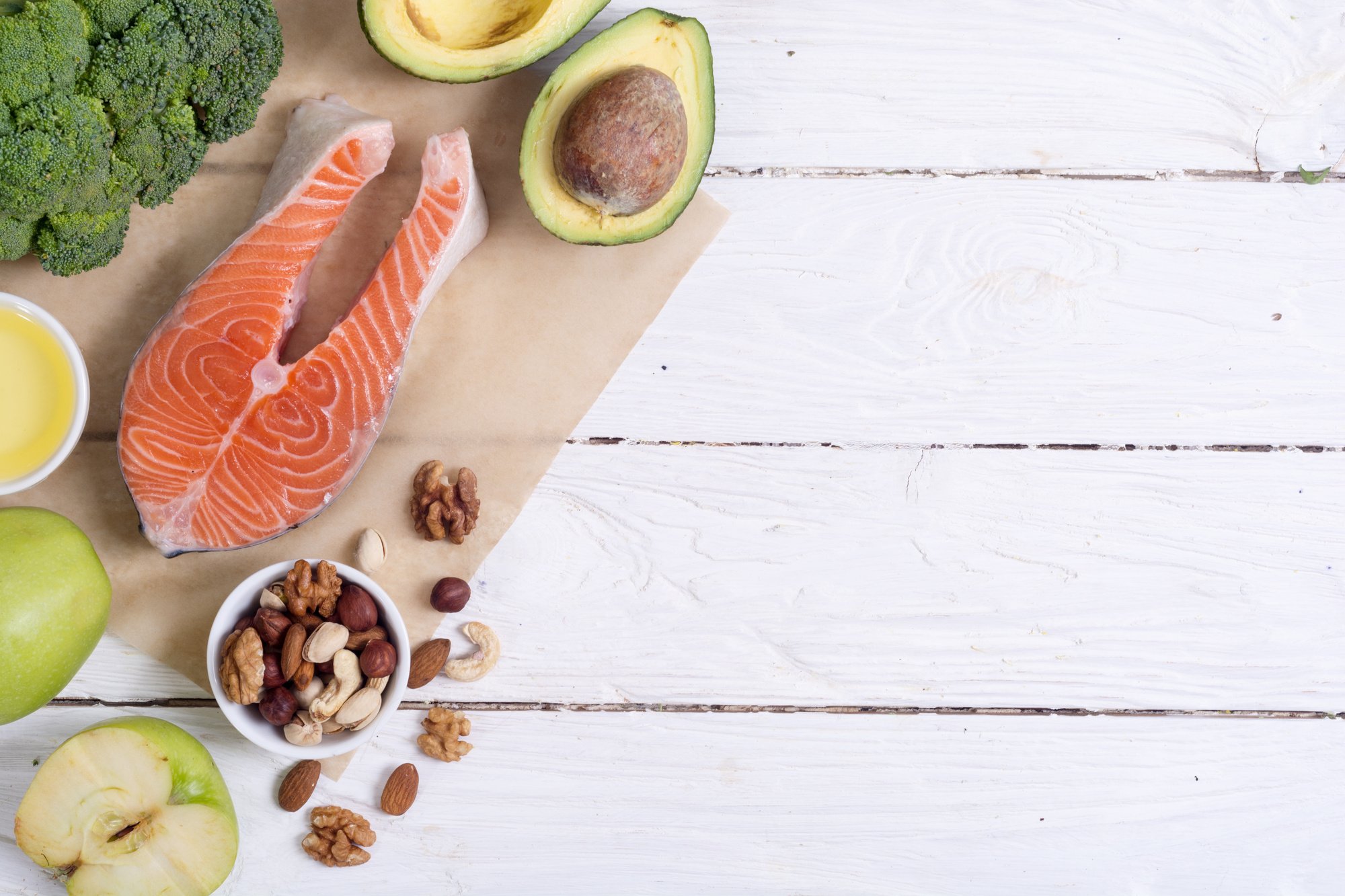What separates someone’s being tipsy from someone’s being completely drunk? What does one look like from the other? Many first-time drinkers may wonder about these questions as they reach for their first glass of beer, wine, or other alcohol. To some extent, you know you’re in a sense of drunkenness when you start to lose a reasonable sense of judgment and control.
But where is the line exactly? Wondering the same question? Then read on below as we further explain the answers to your question about being tipsy vs. drunk! Let’s explore.
What Does It Mean to Be Tipsy?
Now, let’s start by demystifying what it means to be tipsy. Tipsy is often the initial stage of alcohol consumption.
When you’re tipsy, you might feel more relaxed and sociable. Your inhibitions may decrease slightly, making you more talkative and approachable. You might also experience a mild euphoria or a warm sensation in your body.
At this stage, your coordination and cognitive abilities may still be intact, although they can be slightly impaired.
The Transition from Tipsy to Drunk
The transition from tipsy to drunk is gradual and can vary from person to person. When you continue drinking, your blood alcohol concentration (BAC) rises, and you start moving from the tipsy state toward being drunk. This transition can be subtle, but there are some key signs to watch out for.
As you become more intoxicated, your motor skills may become impaired, and your judgment and decision-making abilities may deteriorate.
What Does It Mean to Be Drunk?
Now, let’s delve into what it means to be drunk. When you’re drunk, your BAC is higher than when you’re tipsy.
At this stage, your physical and mental abilities are noticeably impaired. Walking steadily might become a challenge, and you may slur your words or have difficulty focusing on a single task. Being drunk can lead to poor decision-making, increased risk-taking behavior, and potential blackouts where you don’t remember parts of the night.
The Factors That Influence Intoxication Levels
It all comes down to a variety of factors that can influence your intoxication levels. In this part, we’ll delve into the different elements that play a role in how alcohol affects us.
Alcohol Content and Volume
The more alcoholic drinks you consume and the higher their alcohol content, the faster you’ll become intoxicated. For example, sipping on a strong cocktail will get you drunk faster than sipping a light beer.
Body Weight and Size
Your body weight plays a significant role in how alcohol affects you. Larger individuals can handle more alcohol before feeling intoxicated compared to smaller ones. This is due to the dilution effect of a larger body mass.
Food Intake
Eating before or while drinking can slow down the absorption of alcohol into your bloodstream. A full stomach can act as a buffer, delaying the onset of intoxication.
Tolerance
Regular drinkers may develop a higher tolerance for alcohol, requiring more drinks to reach the same level of alcohol intoxication. This is why someone who drinks frequently might seem less affected by alcohol compared to an occasional drinker.
Metabolism
Your body’s ability to metabolize alcohol varies from person to person. Some individuals have a more efficient metabolism, breaking down alcohol faster and feeling its effects less intensely.
Hydration
Dehydration can exacerbate the effects of alcohol. When you’re well-hydrated, your body can process alcohol more effectively, reducing the likelihood of getting drunk.
Age and Gender
Age can impact how alcohol affects you, with younger individuals often feeling its effects more intensely. Additionally, men and women metabolize alcohol in different ways. This means women might reach higher levels of intoxication more rapidly than men when consuming the same amount of alcohol.
Tips for Moderating Your Drinking
Now that we’ve got the basics down, let’s talk about how to keep your alcohol consumption in check. Whether you’re a social drinker or enjoy a glass of wine with dinner, moderation is key.
Know Your Limit
First and foremost, understand your tolerance. If you’re unsure where your tipping point is between tipsy and drunk, start slow and gradually figure it out. This can prevent you from crossing the line unintentionally.
Hydrate in Between
Alcohol can dehydrate you, which exacerbates its effects. To stay on the tipsy side, sip water between alcoholic beverages. This will help dilute the alcohol in your system and keep you feeling more in control.
Eat Before Drinking
A full stomach slows the absorption of alcohol, so make sure to eat before you start imbibing. Opt for a balanced meal that includes carbohydrates, protein, and healthy fats to provide a buffer against intoxication.
Know When to Stop
Pay attention to your body and how you’re feeling. If you start feeling drunk, it’s time to stop drinking and switch to non-alcoholic beverages.
Choose Lower-Alcohol Options
Opt for drinks with lower alcohol content. Light beer or wine can be good alternatives to hard liquor, helping you stay in the tipsy zone rather than getting drunk quickly.
Designated Driver or Rideshare
If you’re planning a night out, arrange for a designated driver or have a rideshare app ready. This way, you won’t be tempted to drive if you’ve had too much to drink.
Consider Alcohol Detox
If you find it challenging to moderate your drinking and suspect you may have an issue with alcohol, consider seeking professional help. Visiting livingatreflections.com can provide you with information about alcohol detox and rehabilitation programs that may be beneficial for you. It’s crucial to address any concerns about your drinking habits.
Tipsy vs Drunk: A Comprehensive Guide to Alcohol Intoxication
In conclusion, it’s important to understand the difference between being tipsy vs drunk. While tipsiness is a relaxed and slightly impairing state, drunkenness can be dangerous and have serious consequences. By staying informed and knowing your limits, you can ensure a safe and enjoyable experience.
So, let’s raise a glass responsibly and make smart choices. Cheers to having fun and staying safe! Remember to always know your limits.
Did you like this article? If so, we have loads of other informative content to share. Browse more of our latest news and blog posts!


 Home
Home










